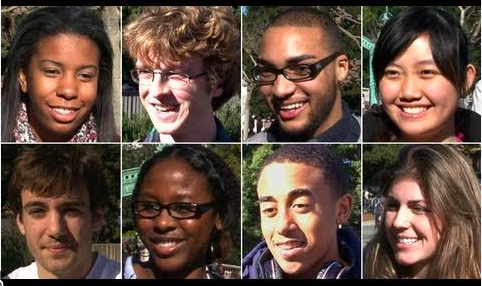The rise of online dating has had a significant impact on society as a whole, particularly in terms of how people interact with one another and form relationships. However, when it comes to the social impact between different races, the picture is more complex. While some argue that online dating has helped to break down barriers between races and foster greater inclusivity, others contend that it has actually perpetuated existing racial inequalities and prejudices.
One argument in favor of the positive impact of online dating on race relations is that it has opened up new opportunities for people to meet and connect with individuals from different racial backgrounds. In the past, it may have been difficult for people from different racial groups to socialize and form relationships due to societal pressures and prejudices. However, with online dating, people can connect with one another without having to worry about physical barriers or social stigmas.
Moreover, many online dating sites and apps now have features that explicitly cater to individuals who are interested in dating outside of their own racial group. For example, some apps allow users to filter their search results based on race or ethnicity, while others offer features such as “swirl” or “mixed-race” categories to help connect users who are interested in interracial dating.
In addition, online dating has been credited with helping to break down stereotypes and reduce prejudice between different racial groups. By allowing people to interact with one another in a more personal and intimate way, online dating can help to dispel negative stereotypes and preconceptions that people may have about individuals from different racial backgrounds.
However, despite these positive aspects, online dating has also been criticized for perpetuating racial inequalities and prejudices. One concern is that online dating platforms may reinforce existing racial hierarchies, with certain racial groups being more desirable than others.
For example, studies have shown that on many dating apps and websites, people of color receive fewer messages and matches than their white counterparts, even when controlling for factors such as education and income. This suggests that there may be implicit biases at play, where people are more likely to be attracted to individuals from their own racial group or to hold negative stereotypes about people from other racial groups.
Furthermore, some argue that the algorithms used by online dating platforms may actually contribute to these inequalities. These algorithms are often designed to match users based on a variety of factors, such as their location, interests, and preferences. However, some researchers have suggested that these algorithms may also be programmed to take into account racial biases and preferences, further perpetuating existing inequalities.
Another concern is that online dating may lead to the fetishization of certain racial groups. This occurs when people are attracted to others solely because of their race or ethnicity, rather than because of who they are as individuals. For example, some individuals may be attracted to Asian women because of stereotypes about their perceived submissiveness or exoticism, rather than because of their actual personalities or interests.
Overall, the impact of online dating on races relations is complex and multifaceted. While it has the potential to break down barriers and promote inclusivity, it may also perpetuate existing racial inequalities and prejudices. To address these issues, it is important for online dating platforms to be aware of the potential biases in their algorithms and to take steps to reduce the fetishization of certain racial groups. Additionally, individuals using these platforms should be mindful of their own biases and be willing to engage in meaningful conversations with people from different racial backgrounds. By working together, we can create a more inclusive and equitable dating culture for all.
































































